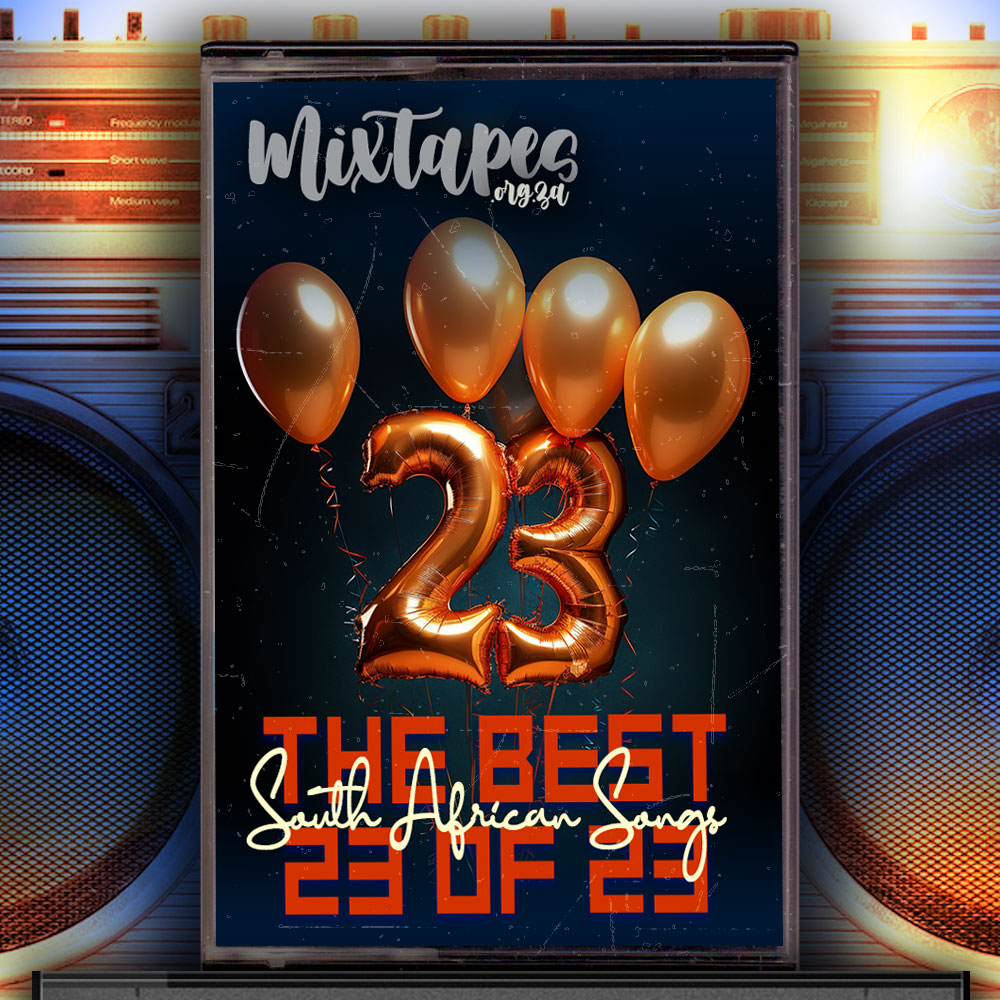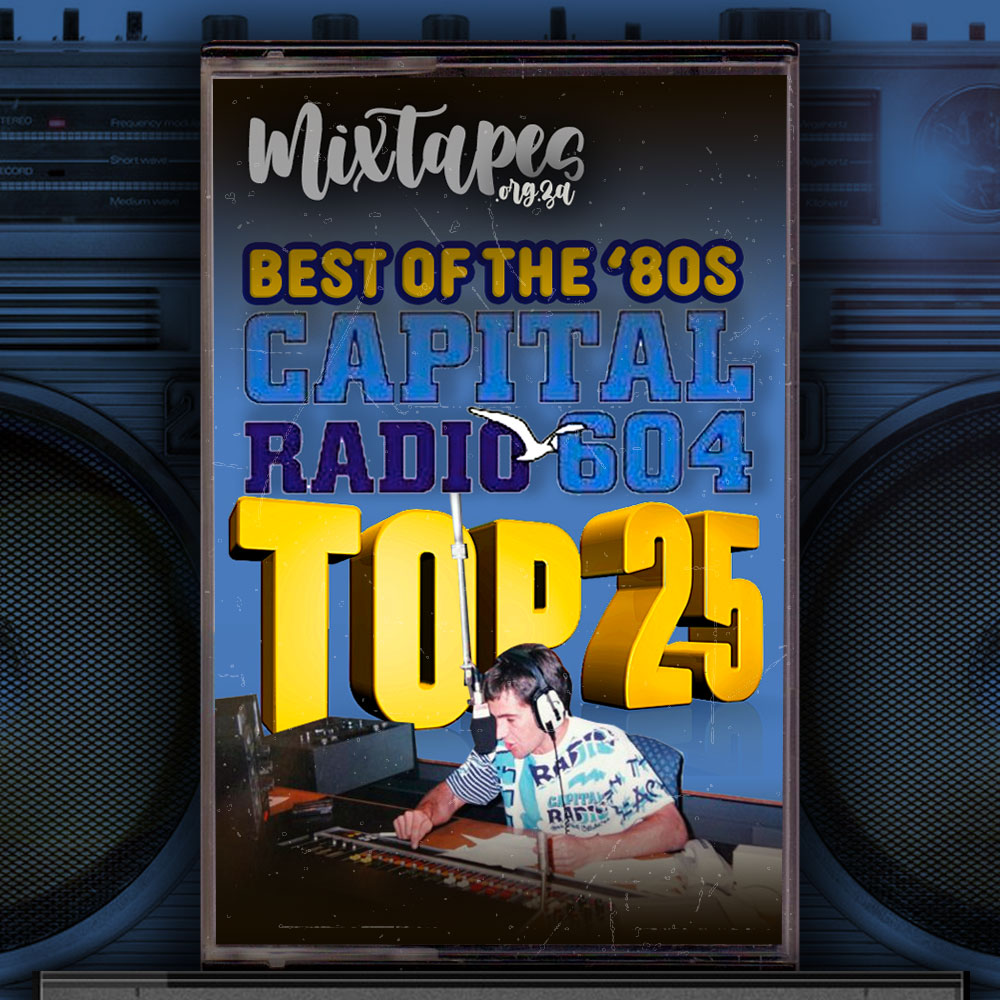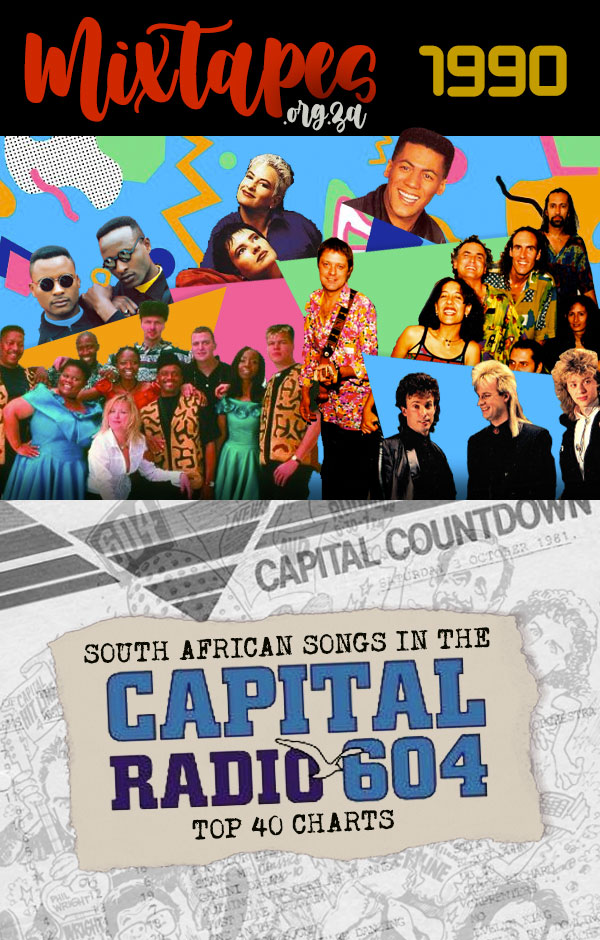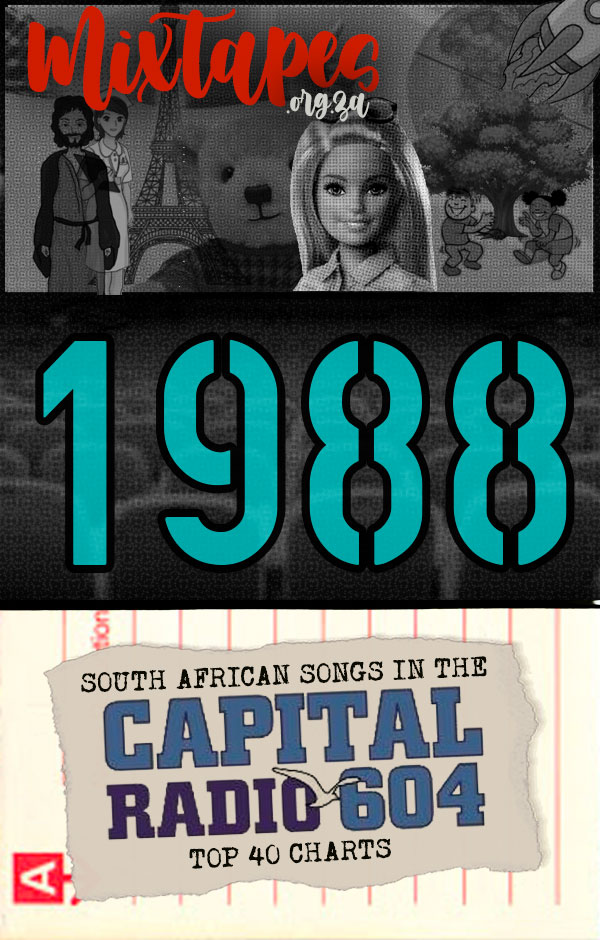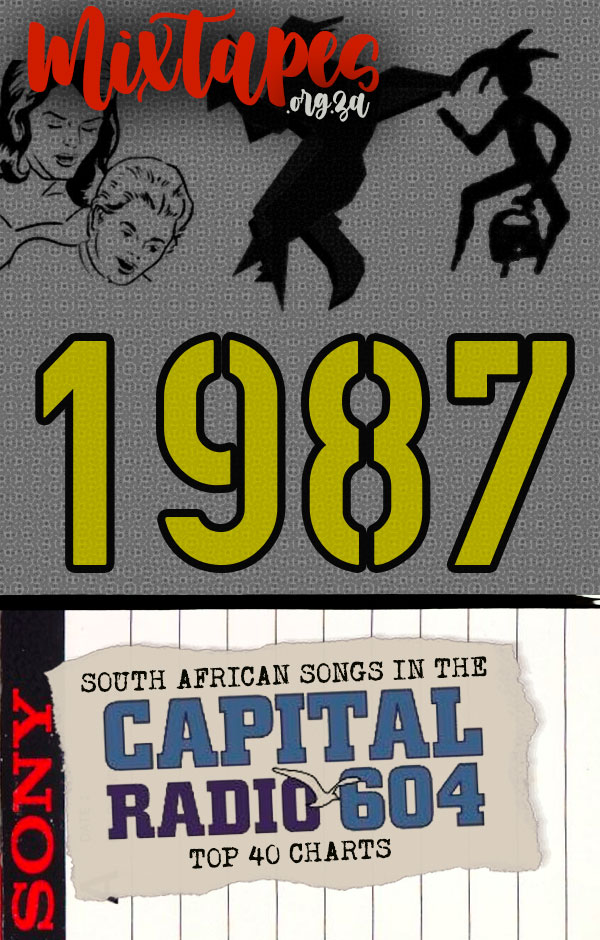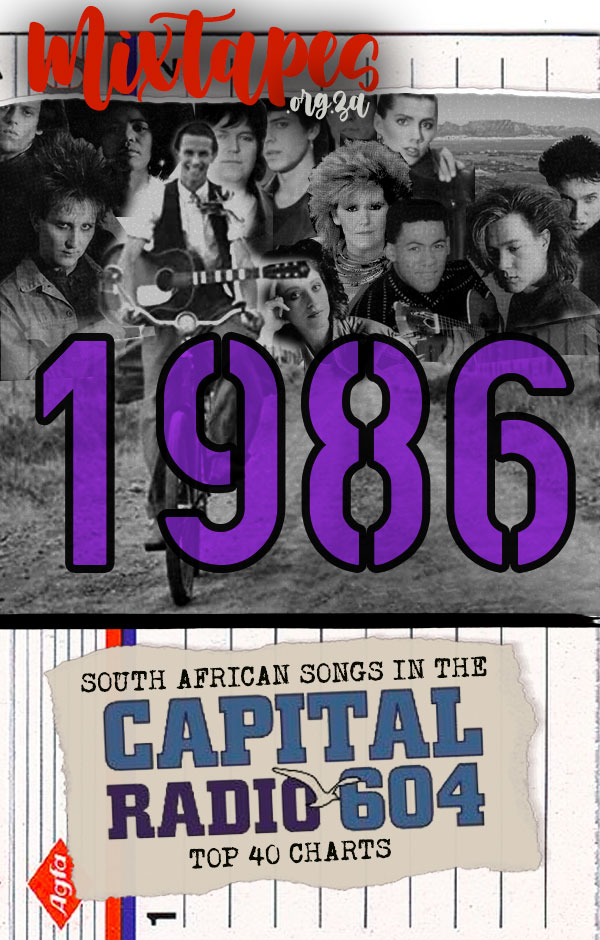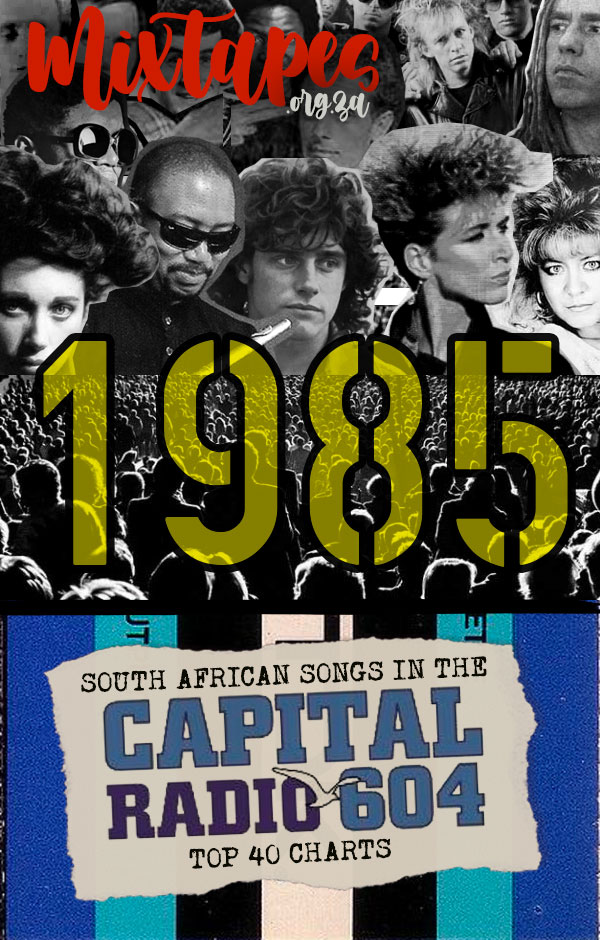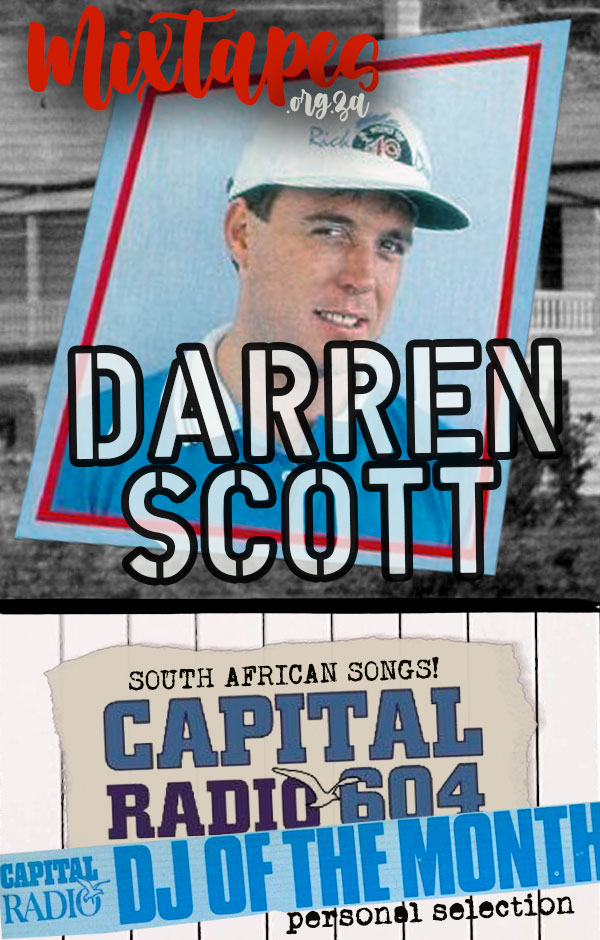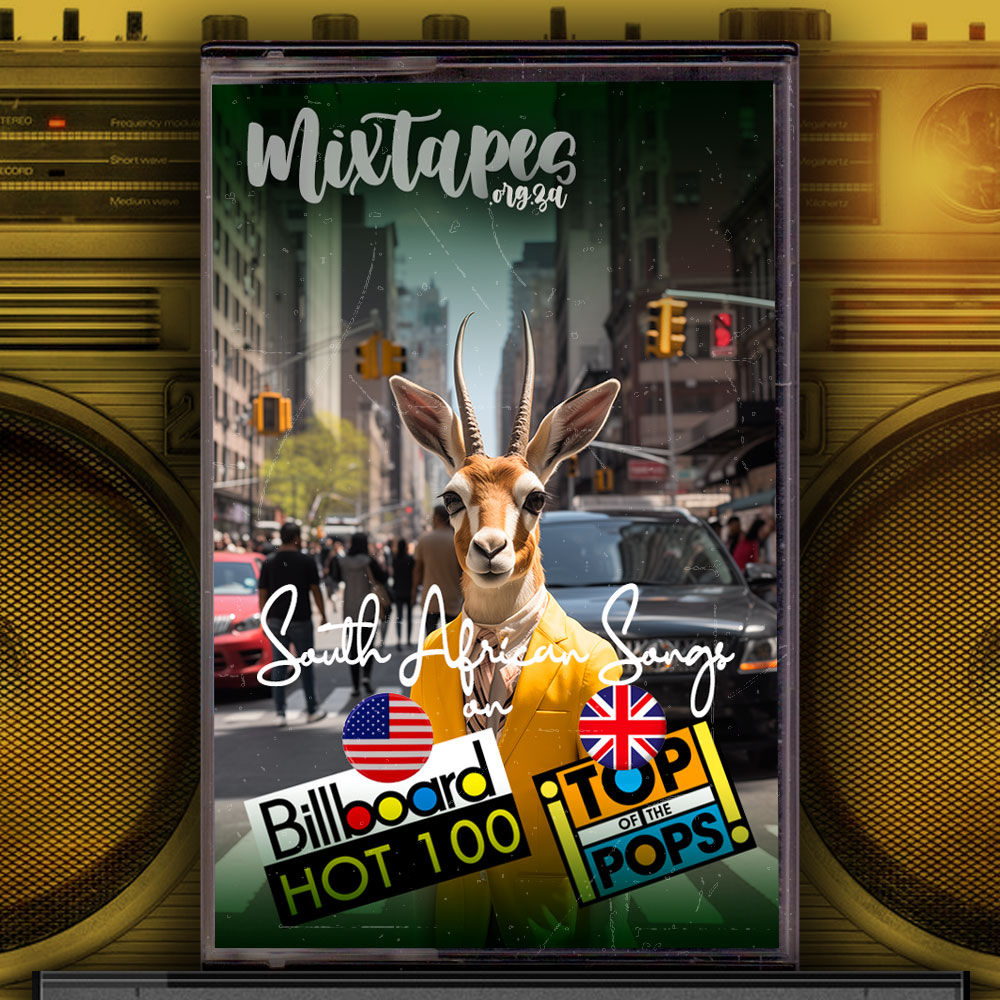
With Tyla’s ‘Water’ making it into the US charts, going viral on social media, and being awarded a Grammy, there has been some discussion in the media about previous songs by SA artists making the US charts. There haven’t been many, and there have been a few more that have made the UK charts. We decided to research the US Billboard and UK top 100 charts and put together a mixtape of songs which have charted in either country. They appear in the chronological order in which they charted. The list below indicates the peak position of each song, and the date on which it reached that position.
Interestingly there are no songs which appeared on both the USA and UK charts. In fact there isn’t even a single South African artist who has charted in both charts. One song charted twice on the UK top 100: ‘Scatterlings Of Africa’ – first the Juluka version, and four years later the Savuka version.
The mixtape selection is restricted to South African musicians and groups who are regarded as wholly South African (for example, this does not include songs by Manfred Mann who only began his musical career once he had emigrated to the UK, Yes when Trevor Rabin was a member, or Freshlyground doing a collaborative song with Shakira, and so on). Collaborations of those sorts can be a focus for a future mixtape!
Some of these are probably very familiar to you, and others you might have hardly ever heard at all. Give them a listen and enjoy!
- Pata Pata – Miriam Makeba no 12 on 25 November 1967 (USA)
- Up Up And Away – Hugh Masekela No 71 on 13 and 20 January 1968 (USA)
- Master Jack – Four Jacks And A Jill No 18 on 8 June 1968 (USA)
- Grazing In The Grass – Hugh Masekela No 1 on 20 July 1968 (USA)
- Puffin On Down The Track – Hugh Masekela no 71 on 19 October 1968 (USA)
- Riot – Hugh Masekela No 55 on 8 and 15 February 1969 (USA)
- He’s Gonna Step On You Again – John Kongos No 4 on 22 May 1971 (UK)
- Tokoloshe Man – John Kongos No 4 on 20 November 1971 (UK)
- Substitute – Clout No 2 17 June 1978 (UK)
- Scatterlings Of Africa – Juluka No 44 on 5 Feb 1983 (UK)
- She’s The Master (of the game) – Richard Jon Smith No 63 16 July 1983 (UK)
- Impi – Juluka No 87 on 6 August 1983 (UK)
- The ABC Of Kissing – Richard Jon Smith No 77 on 30 March 1985 (UK)
- Scatterlings Of Africa – Savuka No 75 on May 10 1987 (UK)
- Lies – Jonathan Butler No 18 on 1 August 1987 (UK)
- Holding On – Jonathan Butler No 92 on 24 October 1987 (UK)
- Asimbonanga – Savuka No 94 on January 24 1988 (UK)
- Take Good Care Of Me – Jonathan Butler No 89 on 13 February 1988 (UK)
- Cruel, Crazy, Beautiful World – Savuka No 86 February 4 1990 (UK)
- World In Union ’95 – PJ Powers & Ladysmith Black Mambazo No 47 3 June 1995 (UK)
- Inkanyezi Nezazi (The Star And The Wiseman) – Ladysmith Mambazo No 33 15 November 1997 (UK)
- Ain’t No Sunshine – Ladysmith Black Mambazo No 42 16 October 1999 (UK)
- Broken – Seether No 20 in 2004 (USA)
- When You Come Back 2010 – Vusi Mahlasela No 70 on 10 July 2010 (UK)
- Water – Tyla No 10 on November 28 2023 (USA)


